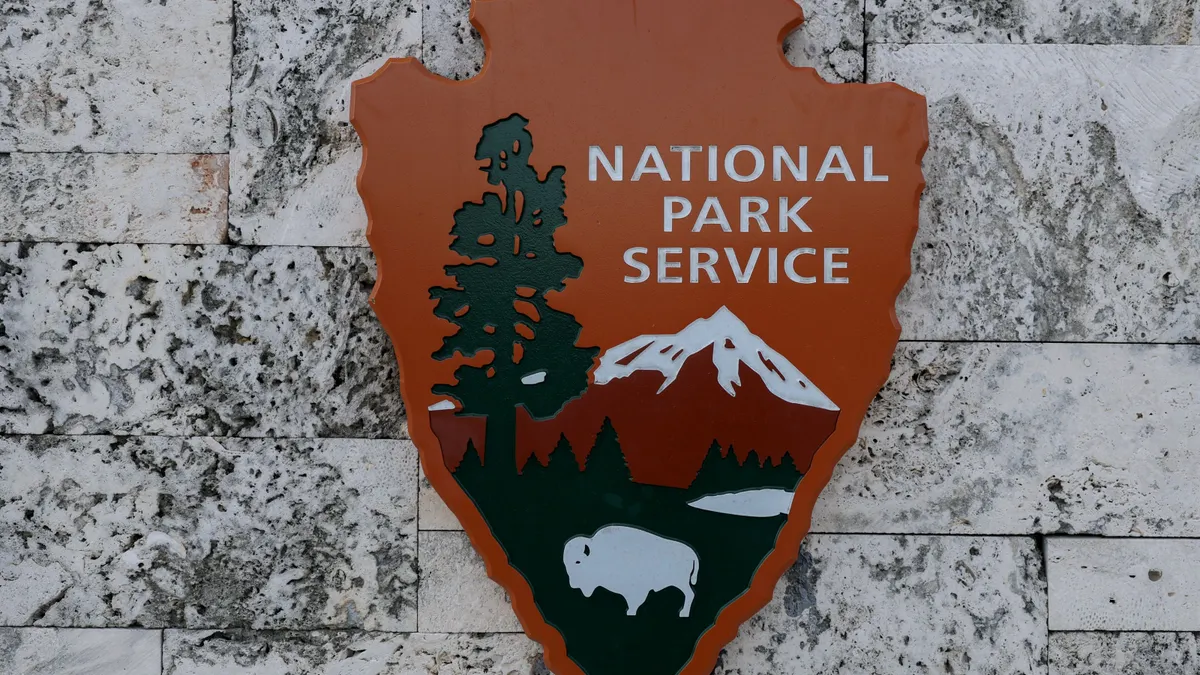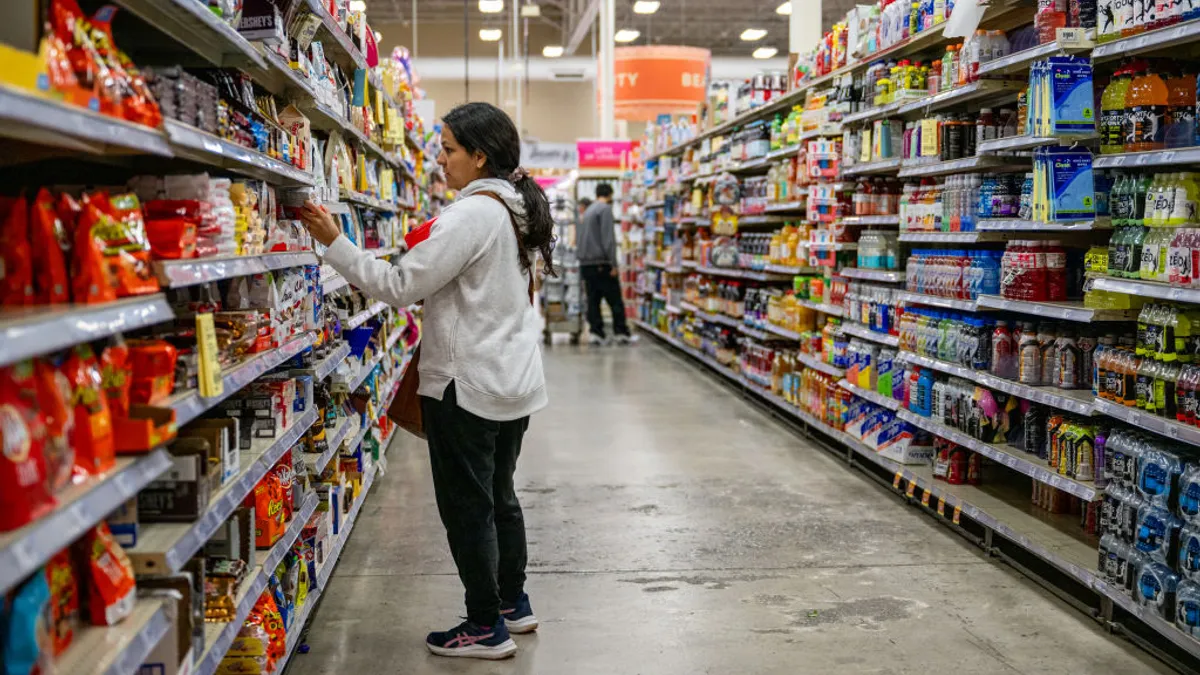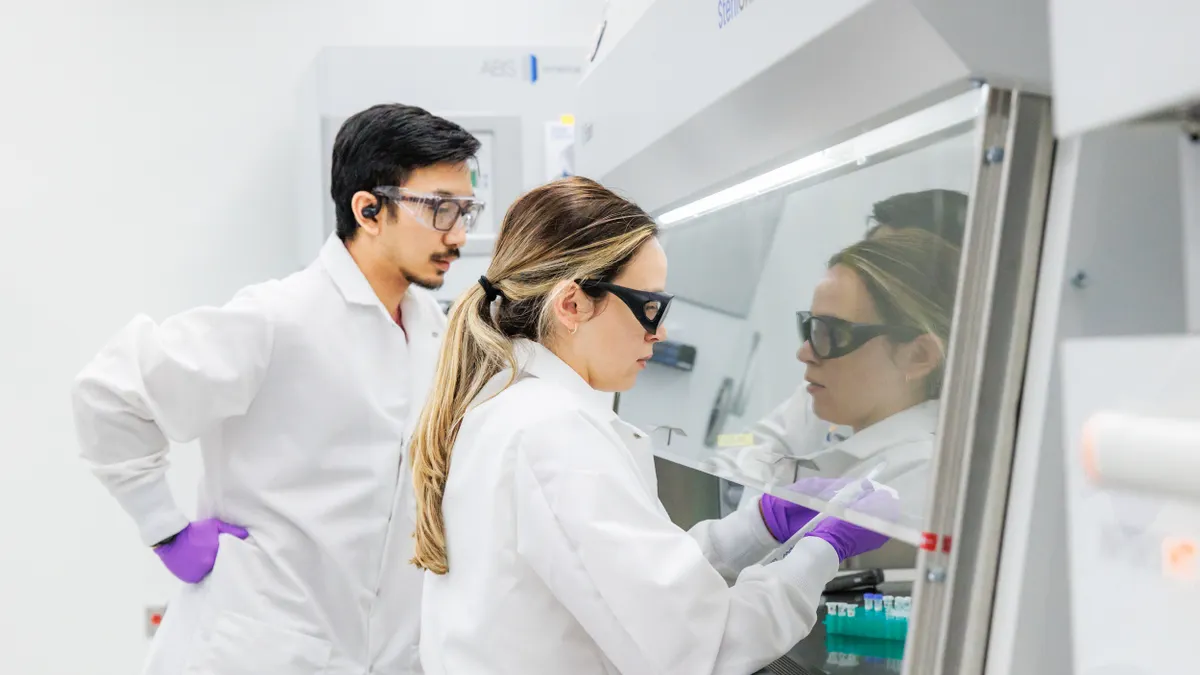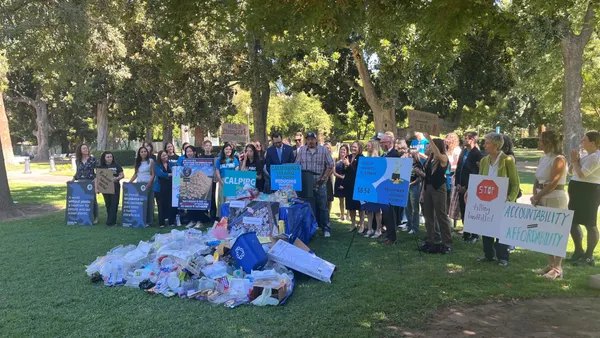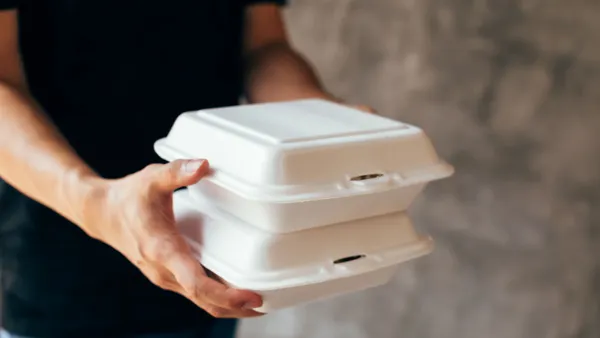Interior Secretary Doug Burgum signed an order last week reversing a Biden-era policy that sought to phase out single-use plastics in national parks and other public lands by 2032.
The order states that the rescission is consistent with a February executive order from President Donald Trump to end federal procurement of paper straws, “and ensures that Departmental operations are grounded in flexibility, science-based decision-making, and fiscal responsibility.” The White House then released a national strategy to end the use of paper straws in March.
Under Biden, the Department of the Interior issued an order in 2022 aimed at phasing out the procurement, sale and distribution of “unnecessary” single-use plastic products, including plastic and polystyrene food ware, bottles, bags, cups and utensils.
Environmental NGOs were quick to denounce the Trump administration’s reversal.
The National Parks Conservation Association said phasing out single-use plastics would save staff time and money in the long term. “NPCA has long supported the elimination of hard-to-recycle items and single-use plastics in our parks, leading efforts with many partners to encourage and educate good stewardship from park visitors and surrounding communities,” said Sarah Gaines Barmeyer, NPCA’s deputy vice president of conservation programs.
“If the Interior Department won’t protect our national parks from plastic, Congress must safeguard these special places,” said Christy Leavitt, senior campaign director at Oceana, in a statement.
Paulita Bennett-Martin, senior strategist of policy initiatives at the 5 Gyres Institute, which operates the Plastic-Free Parks project, said in a statement that the organization is “deeply disappointed by the administration's decision to reverse the phase-out of single-use plastics in national parks.” The group attributes nearly 80% of pollution found in parks to plastic.
5 Gyres also called out the issue of those plastics breaking up into microplastics, threatening environments as well as human health. Microplastics also came up in the Make America Healthy Again report, which the White House released last week. The report called for more research by the National Institutes of Health and others into how children’s health is impacted by exposure to microplastics. Bisphenols, PFAS and phthalates, including those found in some food packaging, were also included in this list.
In addition to the 2022 effort to reduce plastics in parks, in 2024 the Biden administration announced a goal of phasing out federal procurement of single-use plastics from food service packaging, operations and events by 2027, and from all federal operations by 2035. Before Biden left office, the EPA also released a national strategy to prevent plastic pollution, a document that offered prevention ideas across the plastics life cycle.



